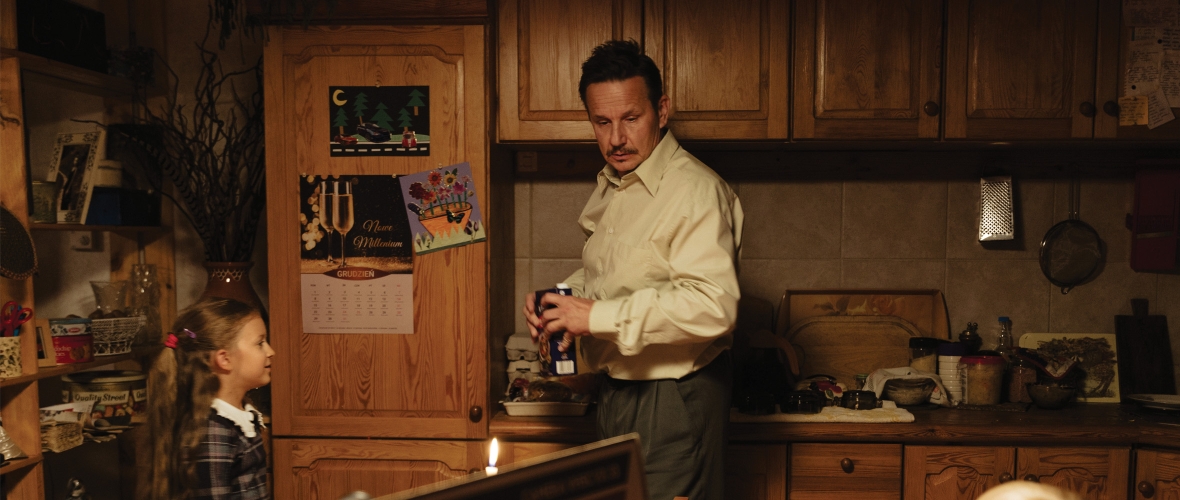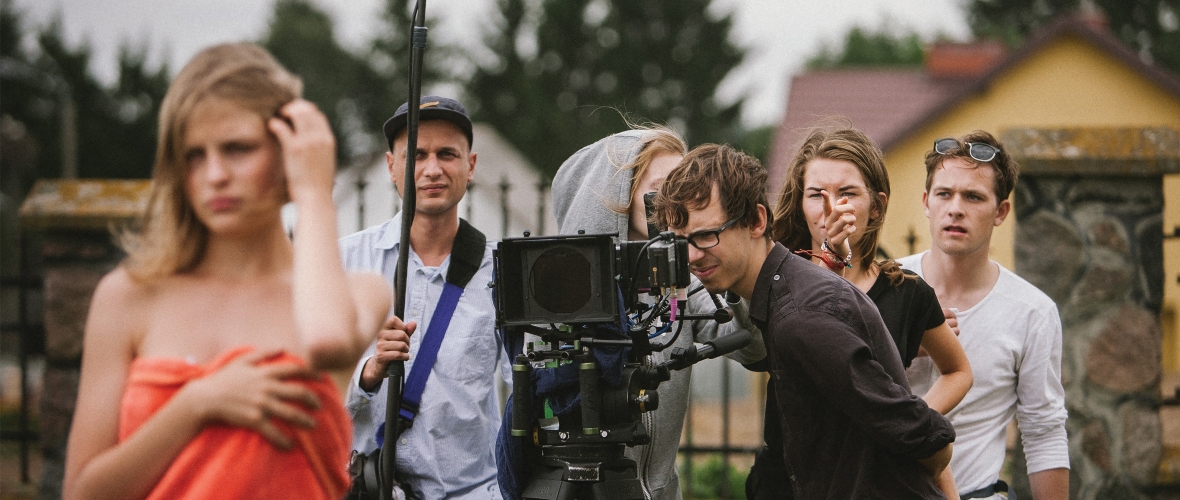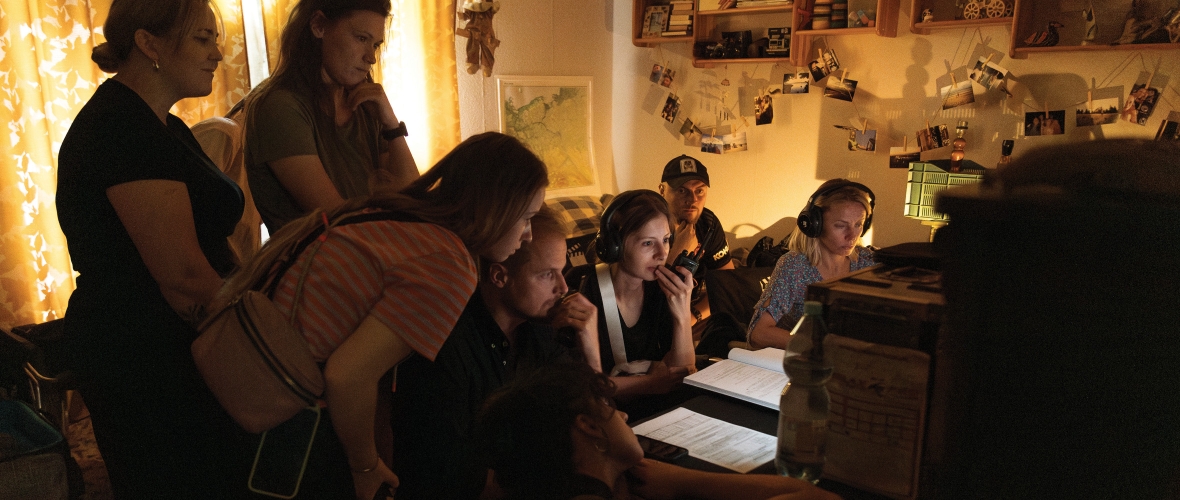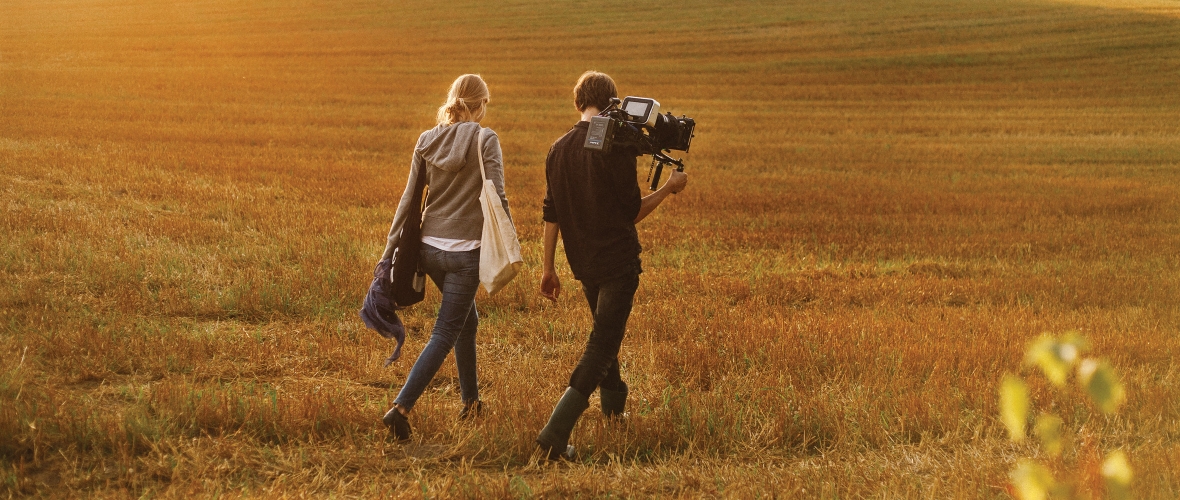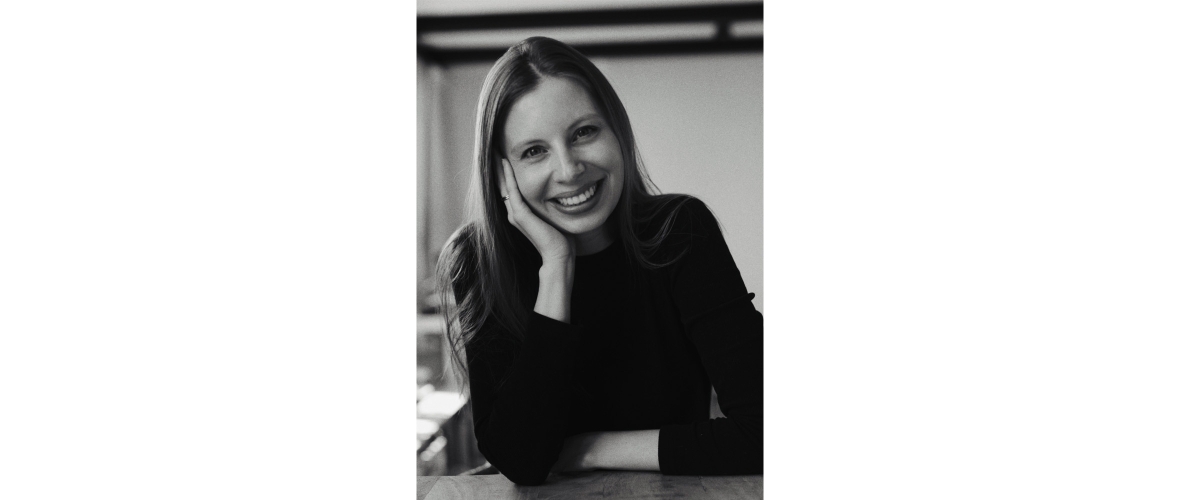So you already knew back then that you were going to be a director?
I felt a strong interest in it, so I started thinking about what to do next. But I didn’t really have the courage to go straight into directing. I thought: maybe set design, maybe production? At that time, I didn’t fully understand who did what in filmmaking, so I chose... journalism at the University of Wrocław. It’s a broad programme – we could create our own class schedule, and when I printed mine out, it turned out that all of my courses were related to film. It was a time of finding my voice, experimenting with small film projects. I learned a lot there, and after three years, I finally gained the courage to apply for exams at the Warsaw Film School.
Working on a film production requires months, sometimes years of effort, determination, and finding your own path and means of expression. What motivates you to keep going?
I waited eight years for my debut, and that doesn’t feel like a long time at all. I have read somewhere that female directors often wait until they are around fifty to make their debut, whereas men typically do so around forty. It was very discouraging, and to make matters worse, when I first got into Warsawy Film School, I was convinced I wouldn’t make it there. I didn’t really believe I belonged in the world of film. For the first few weeks, I didn’t even unpack in my rented studio apartment. But after making my first short film at school, which was well-received, I started thinking seriously about my debut. By the time I finished my studies, I knew what story I wanted to tell – this one, and no other. The plot of “There Will Be No Other End” had been forming in my mind for several years. I didn’t know when I’d make it, but I was certain that I would. There are many career paths after studying directing: I could have worked on other people’s sets or developed my skills directing TV series. For a long time, I wondered if it was wise to stake everything on this debut. But I’m stubborn, and I’ve given a part of my life to this film, so I chose to follow my own path.
In your films – both your shorts and your latest, “Innego końca nie będzie” [“There Will Be No Other End”, editor’s note] – you explore complex interpersonal relationships, subjects that are difficult to discuss and even harder to portray convincingly on screen. Where do you draw your inspiration from, and what is the biggest challenge in making these kinds of films?
The inspiration for “Inka” came from a news story about a woman whose neighbours broke her window to frighten her. She knew them by face, by name. I began to wonder what was going through their minds when they did that – what led them to act that way. How old was she? Where was she sitting? What had she been doing before? My imagination immediately started to work on the story. It might sound a bit cliché, but in every story, it ultimately comes down to the questions the author asks themselves and the emotions they grapple with. That’s what I love most about storytelling, especially in cinema – when a film tackles a big topic but presents it using a particular nuance. When I watch a film, I feel like its creator is talking to me, forcing me to think, explore the topic from a given perspective, and focus on a key detail. To answer the second part of your question: the biggest challenge is that very few people believe in a story when they first see it on paper. It’s not immediately clear that it will resonate and draw audiences to the cinema. All my productions so far have been simple stories, relatively inexpensive to make in the sense that they didn’t require huge financial resources. But the greatest cost is time. Films need time – in pre-production, during shooting, and in post-production – to find the right means of expression and tell the story authentically. You can’t film several emotionally charged scenes in a single day; both creators and actors have their limits. It’s not easy to find a producer and team who understand and feel that. For me, it was incredible that we were able to achieve that with my debut.
You brought together both experienced and up-and-coming actors for “There Will Be No Other End”, including Bartłomiej Topa, Agata Kulesza, Maja Pankiewicz, and Sebastian Dela. What was it like working with such a team, and what did you learn from the experience?
It was the best work in the world, just as I had always imagined. We had long conversations, questioning every line of dialogue, and there was mutual respect throughout. For a time, we managed to create a little family. Perhaps the only thing I’d change in the future is to have more rehearsals with the actors. Rehearsals are amazing! I’ve definitely gained more self-confidence and learned to overcome my introversion or shyness. Working with them has given me more empathy, but also made me realise how much more I still want to learn. As you mentioned, actors like Agata and Bartek have years of experience, but we also had Klementyna Karnkowska, who is a raw talent with incredible charisma – we were all captivated by her. It was great to see how they inspired each other. For me, as a debuting director, it was like directorial gymnastics, as each actor needed a different approach.
